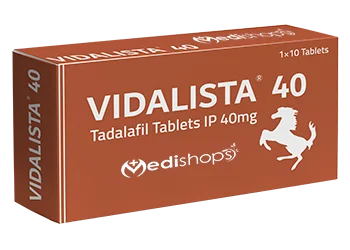Chronic pain affects millions of people worldwide and can significantly impact quality of life. It is a long-term condition that lasts beyond the typical healing time of an injury or illness. Chronic pain can be caused by many different factors, including injury, inflammation, nerve damage, and disease. Although there are various non-pharmacological approaches to managing chronic pain, medication is often a crucial component of a comprehensive pain management plan. In this blog, we will discuss some tips and advice on how to manage chronic pain with medication.
Work with a healthcare provider
It is important to work with a healthcare provider who is knowledgeable about pain management and can help determine the best treatment plan for you. Your healthcare provider can help you determine the cause of your chronic pain and prescribe the appropriate medications for your specific condition.
Understand the different types of pain medications
There are various types of pain medications, each with its unique mechanism of action and potential side effects. Some common types of pain medications include opioids, nonsteroidal anti-inflammatory drugs (NSAIDs), antidepressants, and anticonvulsants. It is important to understand the differences between these medications and how they work to manage pain.
Follow the prescribed medication regimen
It is crucial to follow the prescribed medication regimen to ensure that you receive the full benefit of the medication while minimizing the risk of adverse effects. Do not alter the dosage or frequency of your medication without consulting your healthcare provider.
Be aware of potential side effects
All medications have potential side effects, and it is essential to be aware of these and report any concerns to your healthcare provider. Common side effects of pain medications include constipation, drowsiness, nausea, and dizziness.
Use medications in conjunction with other pain management strategies
Medication is just one component of a comprehensive pain management plan. It is essential to use medications in conjunction with other strategies such as physical therapy, exercise, and relaxation techniques.
Monitor your pain levels
It is important to monitor your pain levels regularly and report any changes to your healthcare provider. This can help ensure that your medication regimen is adjusted as needed.
Be open to adjusting your medication regimen
Chronic pain is a complex condition, and it may be necessary to adjust your medication regimen over time. Your healthcare provider may need to increase or decrease your medication dosage or switch to a different medication to achieve optimal pain management.
Practice safe medication use
Safe medication use is crucial when managing chronic pain. This includes keeping medications out of reach of children and pets, not sharing medications with others, and properly disposing of unused medications.
In conclusion, managing chronic pain with medication is a complex process that requires the guidance of a knowledgeable healthcare provider. By following these tips and advice, individuals with chronic pain can better manage their symptoms and improve their quality of life.




